San Juan, Puerto Rico
There's always a scandal popping up here and there. Recently, the daily mail ran an article about volunteer scams. Aptly titled "Fake orphanages. Bogus animal sanctuaries. And crooks growing rich on Western gullibility...why do-gooding gap year holidays may be a horrifying callous con," it is a must read. Click here for the illuminating piece. This is the main reason why I am always on the look out for free volunteer programs with a transparent agenda. When I traveled to South East Asia a few years ago, it literally took me months to find a transparent organization I could volunteer with for free. I thankfully stumbled on Isara and documented my life-changing experience in this post.
A few years back, I was living and going to school in a city I didn't like and everything seemed excessively stifling. When summer came, I knew I had to rejuvenate myself, so I began looking for free volunteer programs. I came across WWOOF and discovered a wonderful opportunity in beautiful Puerto Rico. WWOOF stands for World Wide Opportunities on Organic Farms. Their mission, according to their American website, "is part of a worldwide effort to link visitors with organic farmers, promote an educational exchange, and build a global community conscious of ecological farming practices." I used the WWOOF option to explore Puerto Rico and it was a phenomenal trip. I discussed my experiences in this post. Here is how WWOOFing works.
En route to Utuado
First, visit the WWOOF International site and pick a destination. Because my destination was Puerto Rico, I used WWOOF-USA and not WWOOF International. For WWOOF-USA, you pay a membership fee of $30 in order to view all available organic farms in the USA and its overseas territories. This $30 membership lasts an entire year, so it is not a shabby deal.
Second, choose a farm. Most farms will offer you free accommodation and food (three solid meals per day) in exchange for free work. This is the most critical step of your WWOOFing experience: choosing the right farm. If you want to be close to a big city, pay attention to "location" because some farms are in the middle of nowhere. Also make sure that your schedule and responsibilities on the farm are CLEARLY OUTLINED AND EXPLAINED before your departure. And please keep physical proof of this conversation (an email copy is fine). The last thing you want to happen is being overworked on the farm. Before you book that ticket, make sure you and your host farm are absolutely clear on how many hours of work is expected from you and the kind of work you will be performing.
I made the mistake of going to my first farm in Puerto Rico without asking too many questions. While the people were great and the experience was enriching, I wasn't really doing the type of work I wanted to do. I was genuinely passionate about learning alternative methods of growing organic food, but I got stuck doing something unrelated. Luckily, the farm was fond of organizing many social gatherings with like-minded people, so I was able to meet farmers who were doing the things I wanted to learn. I promptly transferred and convinced my lovely new hosts to sign up on WWOOF-USA (They did and are now entertaining volunteers). Another thing to pay attention to is the size of the farm. The small farms tend to have less volunteers. If you prefer to have a more social experience (like me), bigger farms might be better. However, some small farms get a large amount of volunteers too. I strongly recommend asking your host farm about the number of volunteers you will be working with. You don't want to get stuck in the middle of nowhere with a middle-aged couple and their ghastly looking cat, no bueno.
Iguana sighting. They are terrifying in person.
Third, buy your ticket and go have the time of your life. I know what you are thinking: how the hell is farming fun? It is, trust me. It is a great way to reconnect with the earth. There is no greater joy than watching a seed sprout and become a meal on your table. You will gain a tremendous amount of respect for nature and life in general. Furthermore, Most work schedules are tame (6 to 8 hours per day with long breaks in between), and you will be working with interesting and unique people from all corners of the world. A lot of farms, moreover, give back to their communities. I was fortunate enough to be part of extraordinary vegetarian workshops aiming to instill the values of a healthy lifestyle and economic self-sufficiency into the fabrics of local communities. Watching all these young people striving to improve their communities was humbling and motivational, truly -- I am not just saying that to sound hopelessly profound. Last but not least, you have weekends off to travel and explore. I pretty much went all over Puerto Rico and was even invited to spend some time with the families of my hosts and co-workers in different parts of the Island.
working on an adobe/natural building project
The finished product
Overview
A) Expenses: membership fee ($30 for WWOOF-USA) and plane tickets. Everything else is free (some farms charge you for food -- it can range from 1 to 5 USD per day. Most farms, however, provide free meals).
B) Location: If you cannot be survive seclusion from modernization, pick farms closer to cities. That way, you can still travel into the city after work and on the weekends. I did both. I did the seclusion in the forest thing and it was great. I also volunteered on a farm close to a beach city.
C) Ask a lot of questions: Chat with your host farm multiple times before departure in order to get a clear sense of your duties, responsibilities and the nature of your work.
D) Have fun, lots of it.
At a reggaeton concert
These brightly succulent plantains thank you for your time
If you are ever looking for an alternative and low-cost travel experience, I recommend the WWOOF option, a healthy way to travel. I hope this was helpful. Have a productive week and take care of yourselves.
xx P.S Follow me on Instagram and I will promptly follow you back. I want to see what crazy adventures you guys get yourselves into.


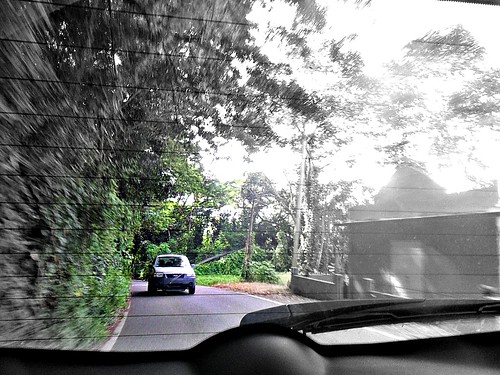
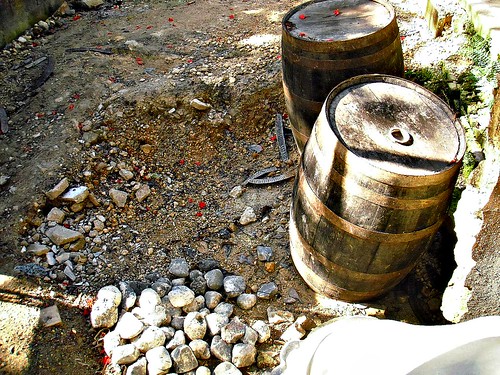
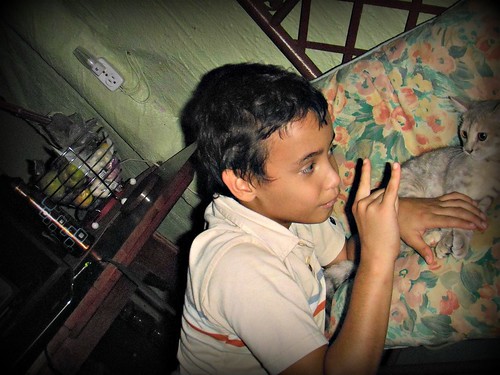
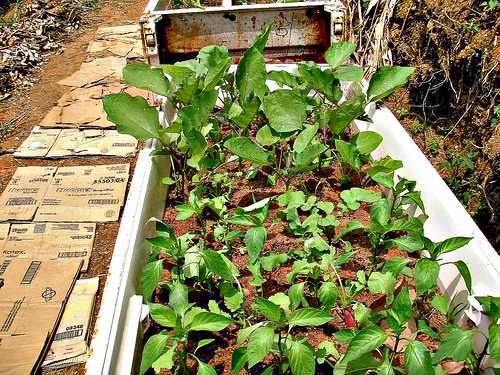
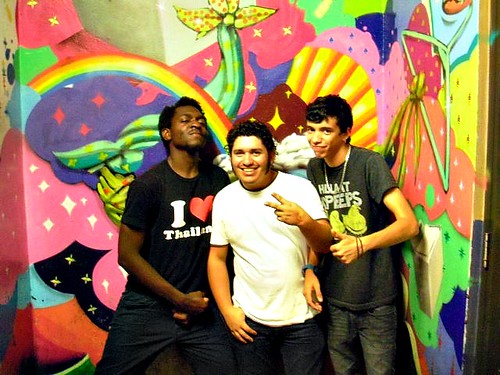
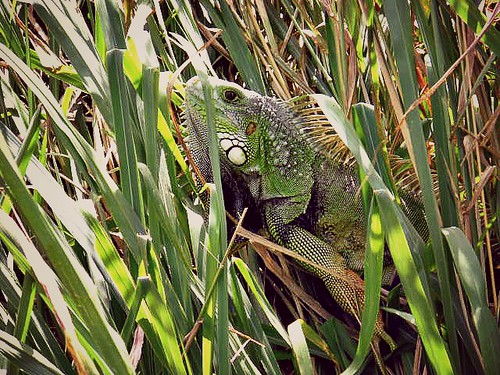


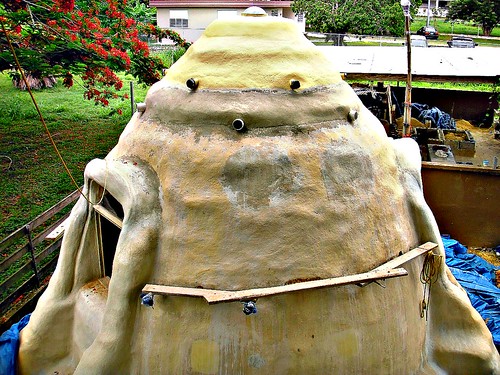
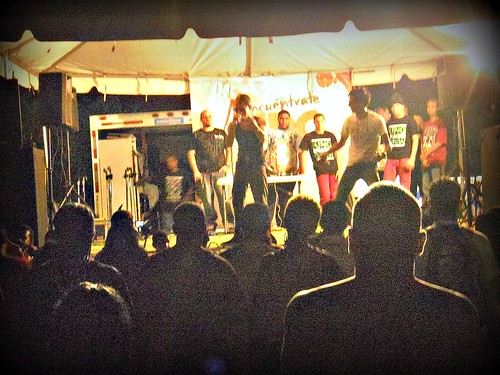
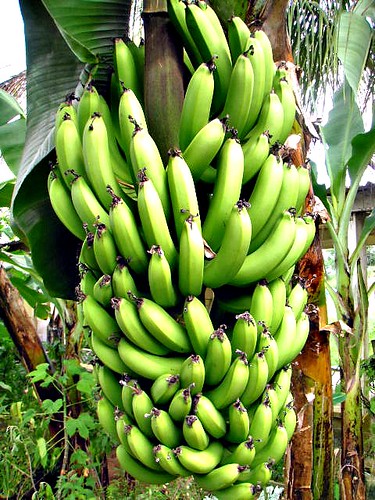
WWOOFing is best for those in their early 20s, I guess. Too bad I missed out on it. :)
ReplyDelete@ Freya,
ReplyDeleteYou will be surprised. A lot of farms have volunteers way past their early and mid 20s.
Did you know Spanish when you left or were you able to learn on the farm? Part of the reason I am considering Wwoof is to learn Spanish. I know part of that require ones own self discipline to force oneself to speak it. But were there plenty of opportunities to interact in Spanish?
ReplyDelete